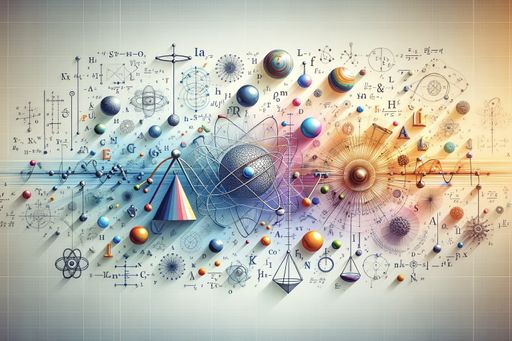Physicist Discovers 'Paradox-Free' Time Travel Is Theoretically Possible
A physicist from the University of Queensland has proposed a theory that allows for time travel without paradoxes.

Understanding the Grandfather Paradox
The concept of time travel has captivated scientists and the public alike, spurring debates about its feasibility. Movies like The Terminator and Back to the Future have explored the complications and paradoxes that arise when moving through time.
One of the most well-known dilemmas is the 'grandfather paradox'. If you were to travel back in time and prevent your parents from meeting, how could you exist to travel back in time in the first place? This paradox challenges the fundamental rules of the Universe.
However, physicist Germain Tobar has proposed a solution to this paradox, making time travel theoretically possible without any contradictions.
Adapting Space-Time to Avoid Paradoxes
Tobar's theory suggests that space-time itself can adapt in order to prevent paradoxes. To illustrate this idea, consider a time traveler going back in time to stop the spread of a disease. Tobar's calculations indicate that even if the time traveler successfully prevents the disease, it would find another way to escape, thus avoiding any paradox.
The research delves into the influence of deterministic processes on various regions in space-time and demonstrates how these processes align with the principles of classical physics and free will. The findings provide support for the existence of closed time-like curves, as predicted by Einstein.
Physicist Fabio Costa, who supervised the research, acknowledges that the mathematics behind Tobar's theory are complex but states that the results have implications reminiscent of science fiction.
The Possibility of Time Travel with Free Will
The research not only tackles the paradoxes associated with time travel but also examines the nature of freedom within this concept. Tobar's theory suggests that time travelers would have the freedom to make choices, but paradoxes would be inherently impossible.
While the calculations support the notion of paradox-free time travel, actually achieving it is a different story. The current time machines are purely theoretical constructs, and realizing them in reality remains a significant challenge.
Regardless, this research opens up new possibilities and challenges our understanding of the laws governing space-time. If time travel were to become a reality, this study suggests that the fabric of the past would adjust itself to accommodate any actions taken by time travelers, ensuring consistency.



